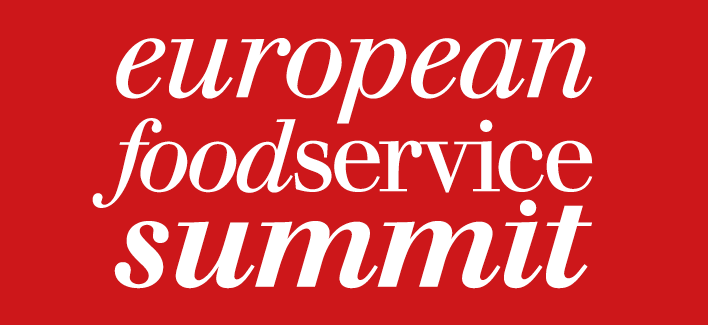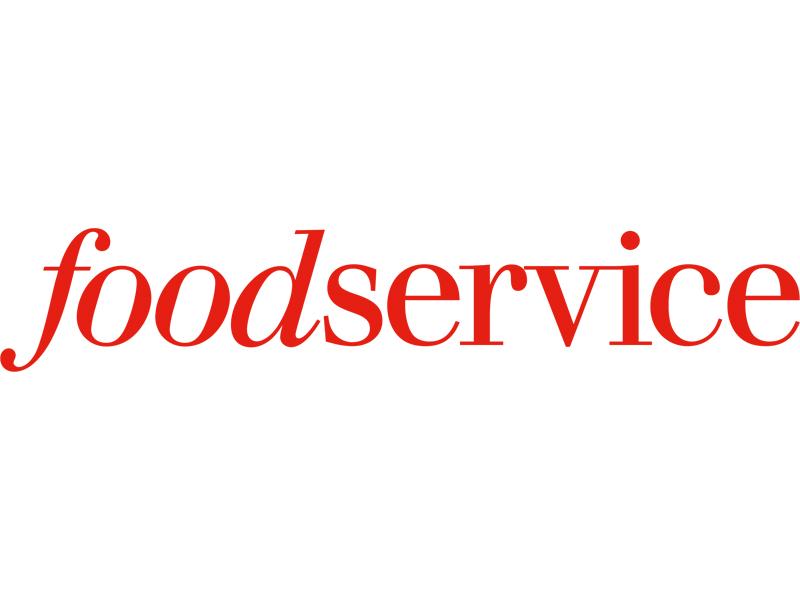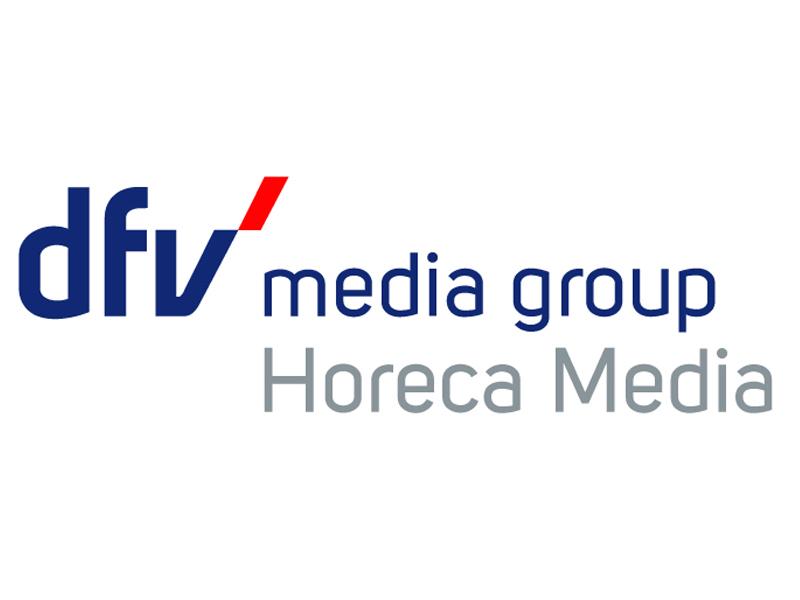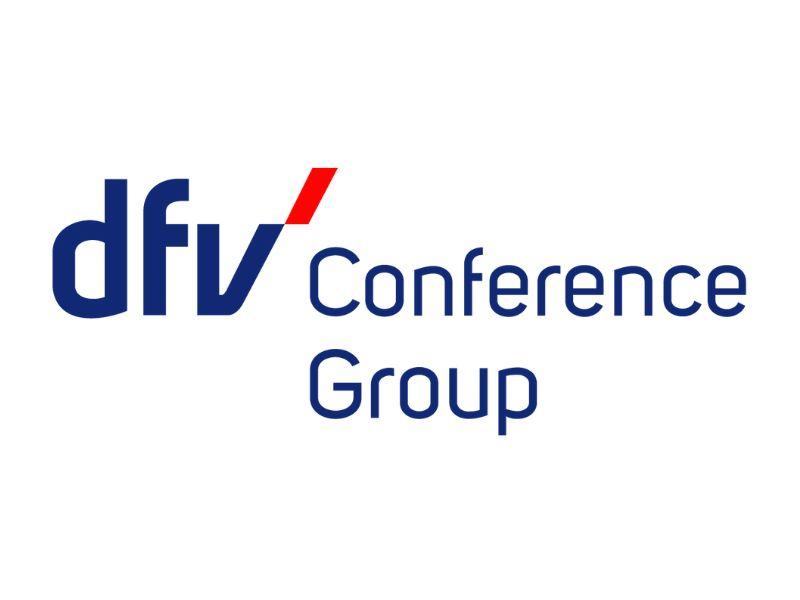“We must put people first!”
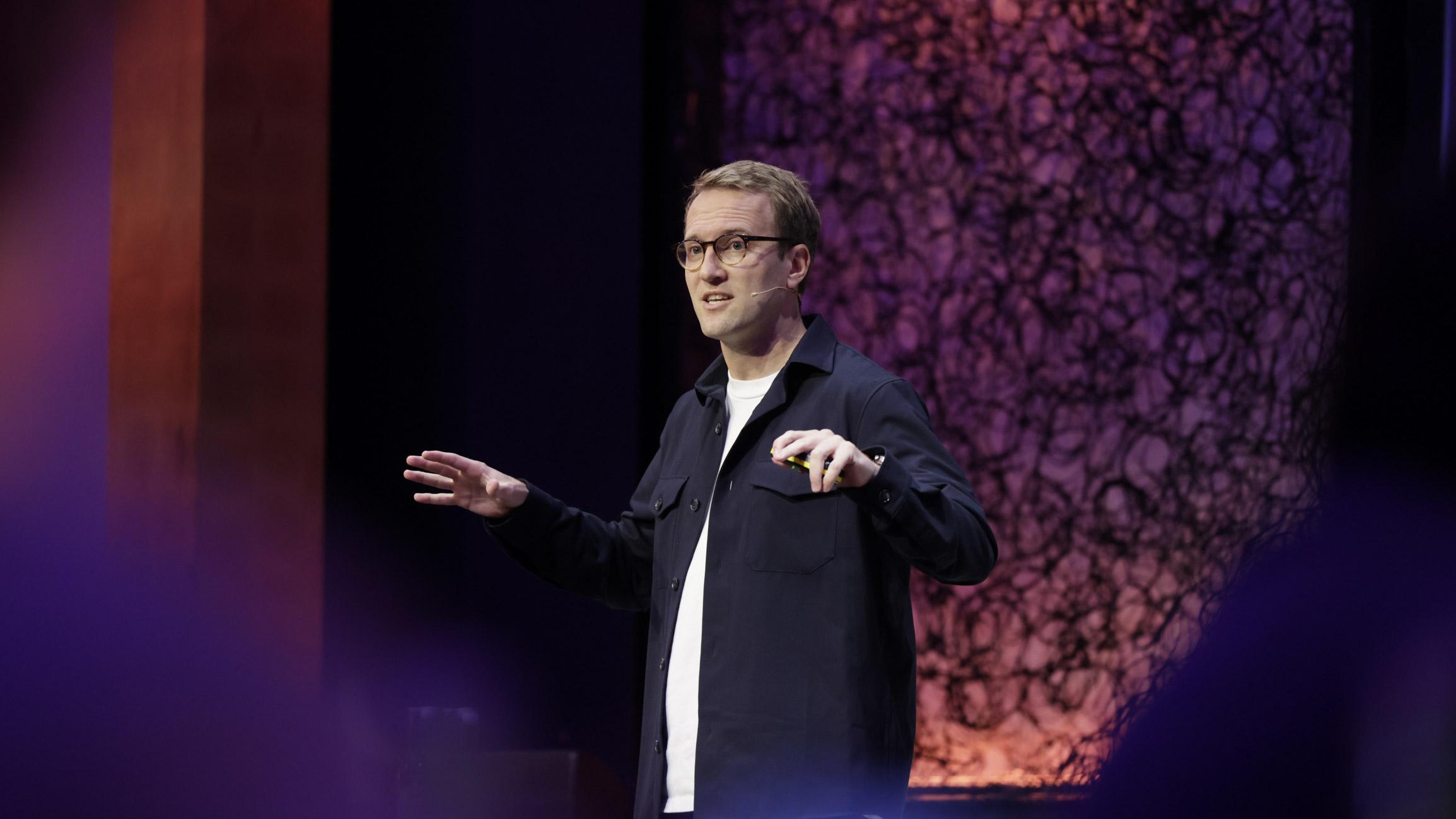 Younique Concepts faces no staffing shortages. Founder Sven Sallaerts sheds light on what distinguishes this Dutch foodservice company.
Younique Concepts faces no staffing shortages. Founder Sven Sallaerts sheds light on what distinguishes this Dutch foodservice company.
Commencing his talk at the 24th European Foodservice Summit in Zurich, Dutch foodservice entrepreneur Sven Sallaerts of Younique Concepts posed a straightforward question, “Who here grapples with staff shortages?” Acknowledging the multitude of raised hands, Sallaerts stated unequivocally, “We don’t contend with staffing problems.”
Seven years post the initiation of the Pesca fish and seafood restaurant in Amsterdam, Younique Concepts boasts ten restaurant concepts, with three more in the pipeline. The inaugural concept, Pesca, is poised for international expansion, with initial openings scheduled in Hamburg (self-operated) and Nice (franchise partnership with Hilton International). Presently comprising 250 team members, Younique Concepts aims to increase this number to 400 next year. “To grow, you need people,” asserts Sallaerts, underscoring the pivotal role of human resources in the hospitality industry.
“Adapt or Die!”
Addressing the evolving job market, Sallaerts offers a clear response: “Adapt or die!” He stresses the necessity of understanding and aligning with the expectations and realities of the emerging generation—Gen Z.
Who is Gen Z?
To attract talent from the incoming generation in the job market, Sallaerts insists that companies must refine their corporate culture. He observes that the younger generation no longer subscribes to the established system and traditional work environments. “An 80-hour workweek? No longer desirable, and no longer deemed meaningful,” notes Sallaerts, acknowledging his own commitment to hard work.
Identity and Purpose
What holds significance for the younger workforce? “Gen Z seeks identification with their employer. The company must have a distinct profile and purpose,” emphasizes Sallaerts. Transparency is another critical factor. “Young employees want to comprehend how the company functions, and we provide them with complete insight—and at a higher level, even the opportunity for participation.”
Sallaerts segments the lived corporate culture into three pertinent phases: Onboarding, Company Affiliation, and Exit. “We express care for our employees by attending to their needs,” says Sallaerts. “Data-driven attention entails knowing not only when an employee has a birthday but also when their significant other has a birthday. If an employee’s bike gets stolen, we want to know to provide a replacement.”
Unlimited After-Work Drinks
Post-shift, employees at Younique Concepts don’t hastily depart. On the contrary, the company sponsors “Unlimited After-Work Drinks” after working hours. “Is it prudent? I can’t say,” concedes Sallaerts. “But connections—friendships, and perhaps even love—form here.” Unlike elsewhere, phones need not be stashed away during working hours at Younique Concepts. “Employees can use their phones. They are constantly online. The phone is integral to their identity.” Posting from the workplace can’t be detrimental to the company; it may even be advantageous.
The abbreviated workweek has found acceptance within the company. “Yes, there’s the four-day week or even 3.5 days. Am I content with it? No,” Sallaerts openly admits. “Must I conform? Yes!” Among the additional benefits of the Dutch company are flexible vacation days for higher management. “These individuals must self-organize. Grant them more autonomy, and they reciprocate with greater commitment,” underscores Sallaerts’ philosophy. “To succeed today, differentiation is imperative, achievable only by charting your own—distinctive—course.”
Don’t miss next year’s speakers at the European Foodservice Summit 2024, 18&19 September, in Amsterdam. Early-bird registration is already open.
